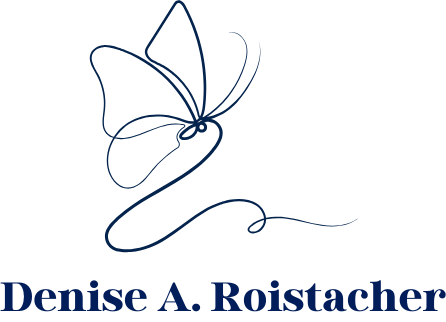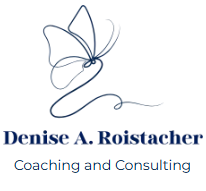Executive/Leadership Coaching
How do I know if coaching is for me?
Executive and leadership coaching might be a great fit if you are:
- Managing difficult people, navigating tough conversations, or handling challenging relationships at work
- Facing complex leadership challenges or navigating a career transition
- Stepping into a new role that stretches your skills and responsibilities
- Feeling stuck and ready to make meaningful changes
- Leading a team and navigating the complexities of organizational dynamics
- Looking for a trusted, neutral partner to help you think strategically and move forward
If you’re ready for personal and professional growth—and value a space to reflect, strategize, and move forward—executive coaching could be exactly what you need.
What is your approach to coaching?
I draw from a range of coaching approaches—each grounded in research, informed by my academic background, and enriched by decades of experience teaching leadership. These lenses help us shape a coaching experience that’s tailored to your goals, your context, and your growth. Read on to get a sense of what it’s like to work together.
Stuck in Familiar Places
If you find yourself repeating the same patterns, you’re not alone. In coaching, we’ll use a systems thinking lens to unpack the dynamics at play—looking beyond the surface to understand what’s driving the behavior.
Name it. Tame it. Reframe it.
Self-awareness is the starting point for effective leadership. Using an emotional intelligence lens, coaching helps you understand and manage your emotions—and respond to others with clarity and empathy, even under pressure.
The Power of Reflection
In the pace of leadership, it’s easy to stay in action mode—always doing, deciding, and reacting. But true growth happens in the pause.
Reflection creates space to see patterns, challenge assumptions, and reconnect with what matters most.
In coaching, we create a confidential space for reflection—so you can step back, gain perspective, and lead with greater clarity, intention, and impact.
What about services like team building, workshops, or meeting facilitation?
We begin with a thorough needs assessment to understand your team’s unique goals and challenges. From there, we design interactive, collaborative experiences—anchored in Adult Learning theory and team dynamics—to drive meaningful outcomes and elevate team performance.
How long do coaching engagements usually last?
Coaching engagements typically range from 3 to 12 months, depending on your goals and the time you're able to commit. Whether you're looking for short-term support or long-term growth, we’ll tailor the timeline to fit your needs.
What types of clients do you usually work with?
I partner with managers and leaders across a range of fields—including healthcare, financial services, non-profits, the creative arts, and entrepreneurial ventures.
Each client brings a unique context, and I tailor our coaching work to meet the demands of their role, industry, and leadership journey.
Leadership & Team Development
How do I build a high-performing Leadership team?
Through targeted facilitation and team coaching, we address communication breakdowns, strengthen accountability, and shift unproductive team dynamics.
What are the most Effective Leadership Styles in 2025?
Empathetic and Adaptive Leadership
We develop leaders to lead with empathy and adapt in the face of uncertainty—equipped to listen, pivot, and guide their teams with clarity, resilience, and engagement.
How can I improve decision-making under pressure?
Pressure reveals your defaults. Until you understand your internal pattern under stress, every “decision framework” is just a surface fix.
How do I lead in a hybrid or remote first environment?
By building trust, fostering connection, and leading with transparency, leaders can replace physical presence with intentional communication and meaningful engagement.
How do I handle toxic leadership or Board Conflicts?
Conflict is rarely about the issue. It’s about unmet expectations, unspoken fears, or unclear roles—often rooted in early family dynamics that shaped how we respond to authority, disagreement, or vulnerability. Navigating that takes more than courage—it requires the kind of thoughtful discernment and emotional insight that coaching helps leaders build.

